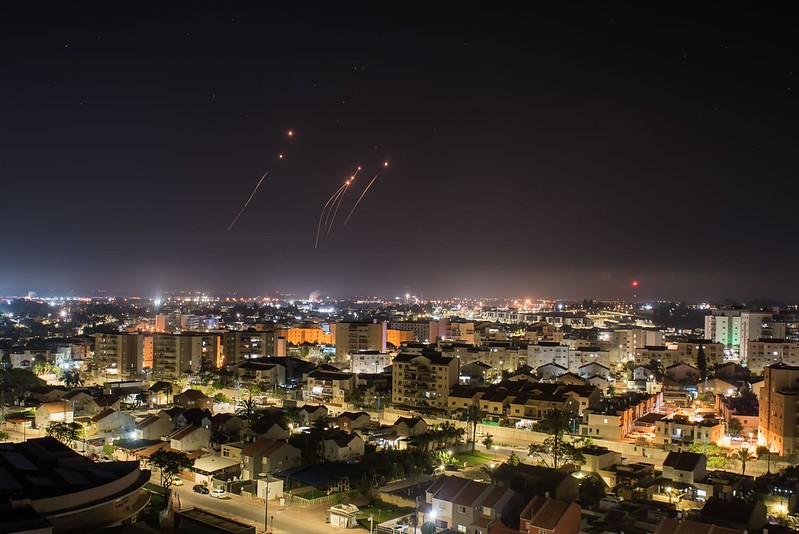Sri Lanka’s Labour and Foreign Employment Minister says he discussed with the visiting Israeli ambassador to vet and recruit Sri Lankan workers for its agriculture sector.

File photograph: Israeli Defense Force, 2021.
Nanayakkara said Sri Lanka had sent unskilled workers, without any training, to Israel in the first batch, since the state had an urgent need for workers at the time.
Some of the Sri Lankan workers sent in response have been accused of disorderly behaviour, intoxication and stealing, Nanayakkara said.
“In future we will be careful about whom we send. We will monitor their actions, their social media posts, investigate their background before such people go abroad and tarnish Sri Lanka’s image.”
Thousands of applications for agricultural and construction work in Israel have been filed in Sri Lanka, as Israel struggles with labour shortages following mass deportations of Palestinians.
Around 82,000 Palestinians worked in the country’s construction industry accounting for a third of the sector’s workforce but were subsequently deported or stripped of work permits following the beginning of the war.
Left without these workers – as well as another 2,000 from China and Eastern Europe who returned home after Oct 7 – construction sites across Israel have gone quiet, significantly denting the country’s economy. The labour shortage has been exacerbated by the mobilisation of hundreds of thousands of Israeli reservists.
The Israel Builders Association (IBA) estimates that the industry, one of the country’s biggest economic sectors with a market size valued at US$71 billion (S$94 billion) in 2022, has been operating at just 15 per cent of its pre-war capacity.
This has brought urgency to the recruitment of fresh foreign workers, and representatives from IBA will be in India and Sri Lanka next week to screen applicants for various roles such as plastering, ceramic tiling, building formwork and iron bending.
Amid the Israeli offensive in Gaza, Sri Lankan migrants working in Israel have chosen to remain in the country and face the possibility of escalating armed conflict rather than return to the island.
According to a spokesperson from the Sri Lanka Foreign Employment Bureau (SLFEB), there are some 8,000 Sri Lankans in Israel at present.
However, whilst other countries have been organising evacuations, there have not been any requests to return from Sri Lankan citizens, confirmed Labour Minister Manusha Nanayakkara. “There is no trend of Sri Lankan workers in Israel coming back to Sri Lanka,” he told reporters.
Despite the escalation in violence, Nimal Bandara, Sri Lanka's Ambassador to Israel, confirmed that they have not received requests for assistance to evacuate Sri Lankans. He said “no one has indicated they want to leave,” reported the Sunday Times.
The lack of appetite to come back to Sri Lanka, despite concern of armed conflict, may be attributed to social safety, welfare, and job opportunities in Sri Lanka itself.
Approximately 90% of Sri Lankans in Israel work as caregivers, and 10% as agricultural workers. They live and work spread across Tel Aviv, Jerusalem, and Haifa. Some 20 Sri Lankans have been reported to be living in the Southern region near the Gaza border. As many as 27 are also thought to be in Gaza and are making their way towards the Egyptian border.
